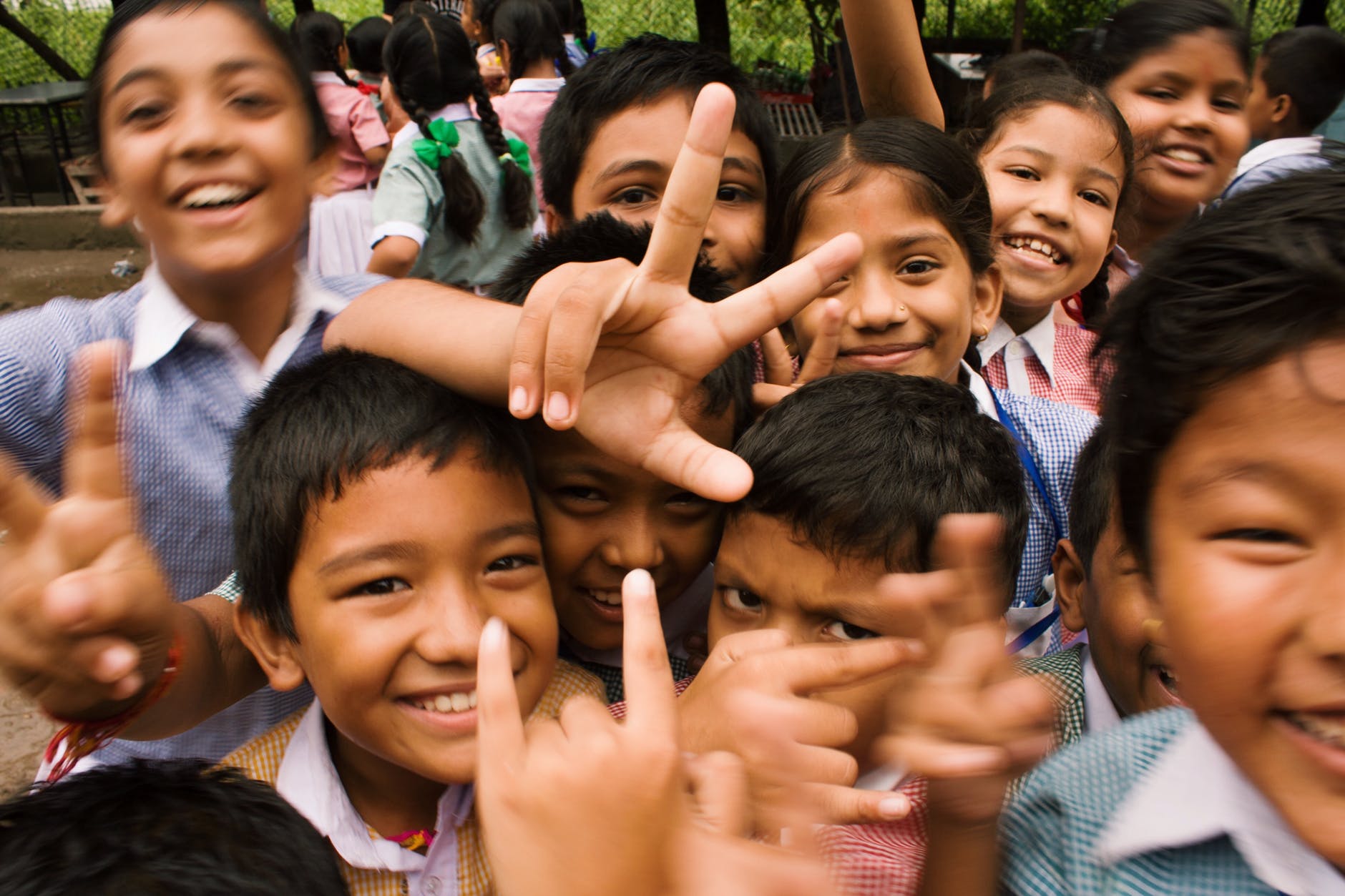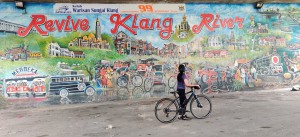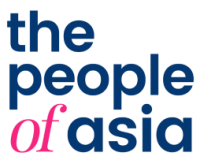The 2019 Global Education Monitoring (GEM) Report by the UN Educational, Scientific and Cultural Organisation (Unesco) states that Malaysia has been slow in their progress to make education more inclusive for children of migrants and refugees.
The report, entitled “Migration, Displacement and Education: Building Bridges Not Walls”, was published Tuesday (Nov 20) in conjunction with International Children's Day. It highlights countries' achievements and shortcomings in ensuring the right of migrant and refugee children to benefit from quality education.
The executive summary of the report emailed to Bernama states that the right of these children to quality education is challenged daily in classrooms and schoolyards, and outrightly denied by a few governments.
The report pointed out that in Malaysia, children of Filipino and Indonesian migrants in the state of Sabah are identified as orang asing (foreigner) on birth certificates, and they cannot attend public school. The same goes to Rohingya children in the peninsular who have no access to education due to their protracted statelessness.
It also said that in Malaysia, school leaders lacked guidance from the government and had little autonomy for adaptation when asked to implement an intercultural programme.
Particular emphasis is made on the chronic education needs of refugee children with disabilities in the country. Learning centre teachers in Malaysia observed that some families with limited means kept children with disabilities out of school in favour of sending their siblings.
The report listed seven recommendations for the education of migrants and displaced people: their rights be protected, they are included in the national education system, their education needs understood and planned, their histories represented in education accurately to challenge prejudices, teachers prepared to address diversity and hardship, their potential harnessed and their education supported through humanitarian and development aid.
Migration and displacement are two global challenges that interact with education in many ways. International migration affects mainly high income countries where immigrants make up at least 15% of the student population in half of schools.
In recent years, governments around the world have taken increasingly bold steps to assume education responsibilities for migrants and refugees that used to exist only in the realm of international agreements, said the Unesco report.
Manos Antoninis, director of the Report said, “Considerable changes are being made in countries from Chad and Uganda to Lebanon and Turkey to make education more inclusive for children, no matter their identification or residency status.”
Source: Bernama
Photo Credit: Rebecca Zaal





















